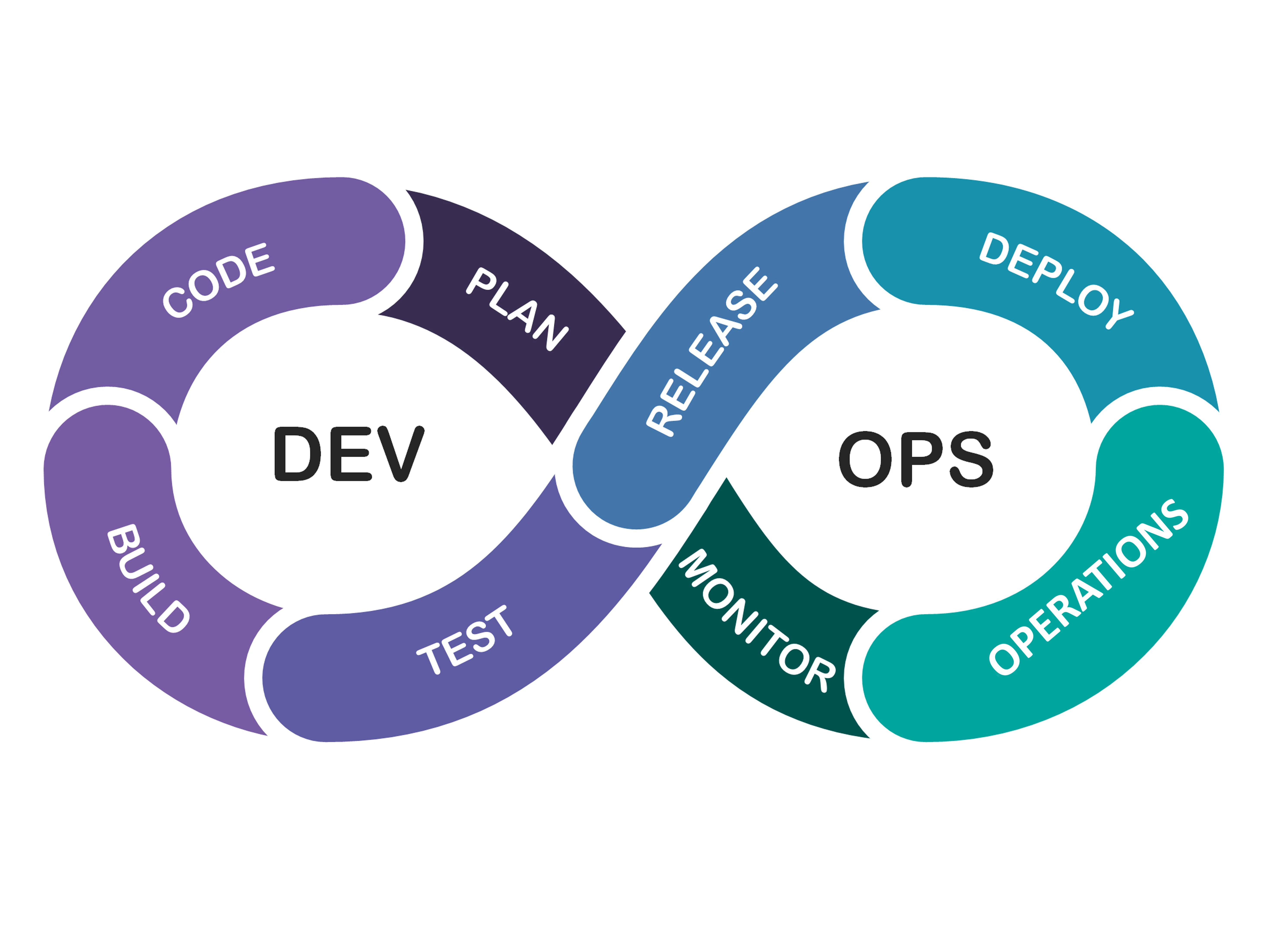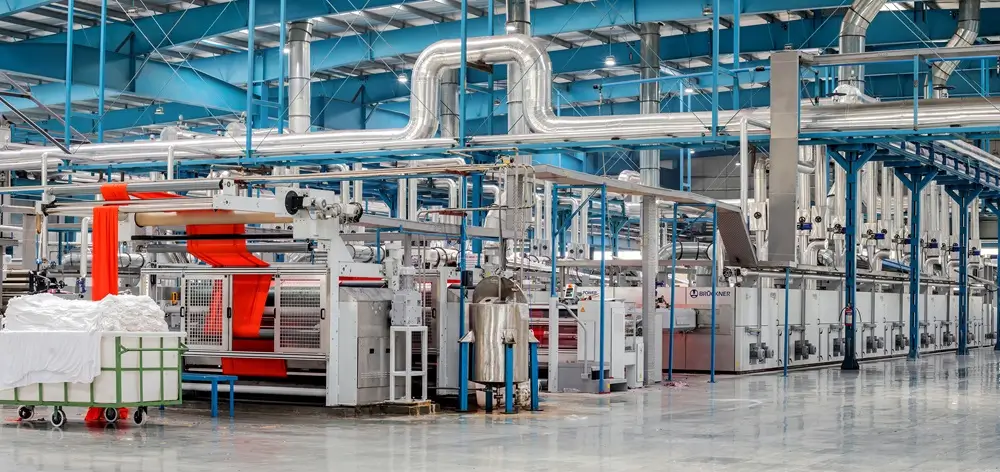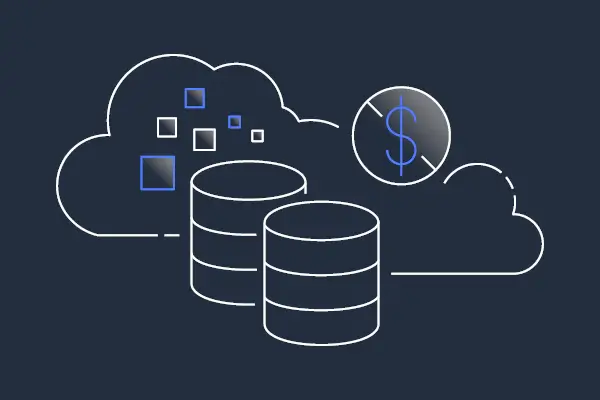· Isaac Wilson · Automation · 3 min read
What DevOps Means To Us
This is a question we see come up on a regular basis. There can be some debate or misconceptions to what “DevOps” means to an organization.

What does it mean to be a DevOps organization?
What is DevOps?
This is a question we see come up on a regular basis. There can be some debate or misconceptions to what “DevOps” means to an organization. Ask different technologists to define “DevOps” and you would likely get different answers.
Some may argue it is a concrete set of practices leveraging automation, infrastructure configuration compliance, and CICD (Continuous Integration/Continuous Delivery) platforms to bridge the gap between software development and IT operations.
Others may tell you it is more so a technology philosophy, a set of guiding principles of which you should incorporate at all levels of the technology stack, wherever possible. Your software and infrastructure should scale easily and automatically, adapt, self-recover, interact with and respond to available monitoring metrics, and be easily repeatable and deployable.
At God Particle IT, we believe that both ideas are inclusive and build upon those foundations.
Our approach to DevOps
When DevOps philosophy is applied effectively, we observe significant increases in employee velocity, application delivery, productivity, and system/application resiliency. However, it is important to have the right tools, platforms, and processes in place to achieve these results. Our goal is to remove obstacles and add capability to streamline technology workflows.
Of equal importance is understanding the needs of the business and the technical requirements to meet those needs. Taking a holistic approach yields solutions that are better tailored to the needs of the organization. DevOps should be customized and designed around your business. We believe DevOps should be employed in a flexible manner and provide harmony and balance to your technology stacks. Your business may not always be a fit for more universal DevOps concepts.
Adopting DevOps in your infrastructure
A suggested approach to beginning your DevOps journey is to first streamline communications within your organization. When you can break down silos between your software and infrastructure teams, you better understand which technology assets may be deficient and which systems work well. When teams are unified, so are the goals the teams are working to achieve.
It is all too common for infrastructure teams to provision systems and networks without understanding the needs of the applications that will run on them. However, the reverse is also true; it is all too common for software teams to develop applications without understanding the infrastructure they will run on.
Removing these barriers creates synergy and fosters collaboration to build reliable, repeatable, and resilient infrastructure. Teams should incorporate a combined DevOps philosophy as part of the initial design and architecture, rather than tackling the challenge of adding these features later in the application lifecycle.
How God Particle IT has employed these principles
Our engineers and architects have integrated these techniques in countless projects. Our team has extensive experience leveraging CICD, configuration management, and IaC platforms. We use this experience to streamline infrastructure deployment, automate scaling, automate recovery, and simplify application deployment. Most importantly, our engineers are adept at collaborating with software and infrastructure teams, gathering feedback to help build solutions that meet real business goals. We have ideas that provide value by speeding up application delivery and reducing administrative overhead.
In Summary
We believe that DevOps should have an established set of core principles and functions. Though the true value of adopting DevOps comes from adapting proven concepts to your organization and building tailored solutions to fulfill business needs. We work with you to supplement or grow your IT team with DevOps talent. If you are ready to begin the journey, work with an experienced IT partner who can build solutions that are right for you.



